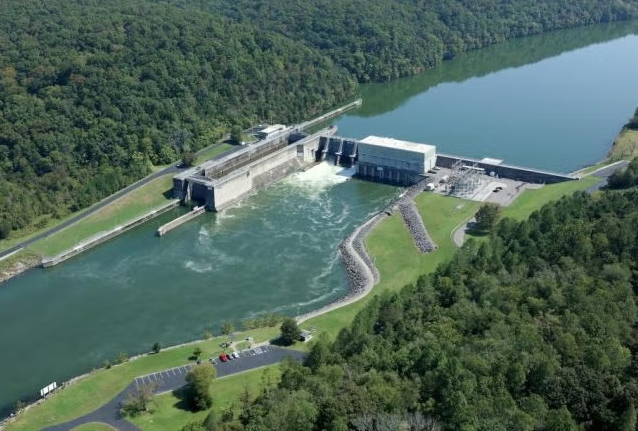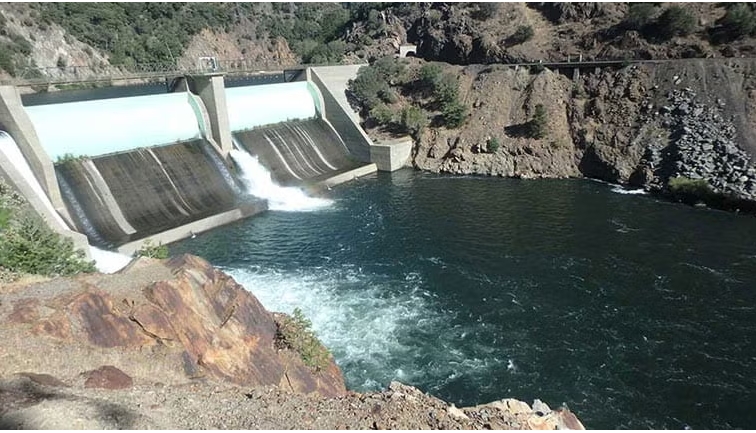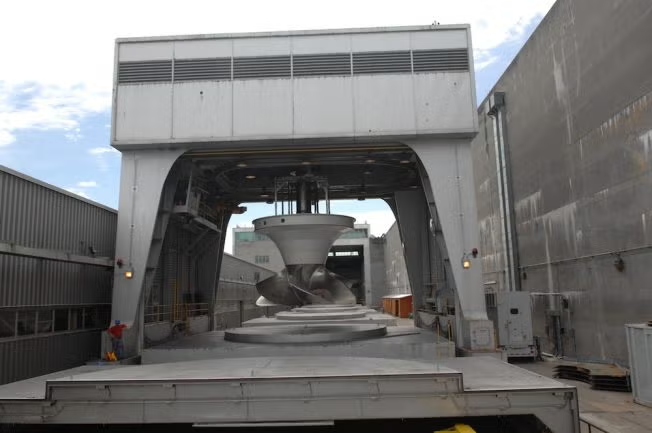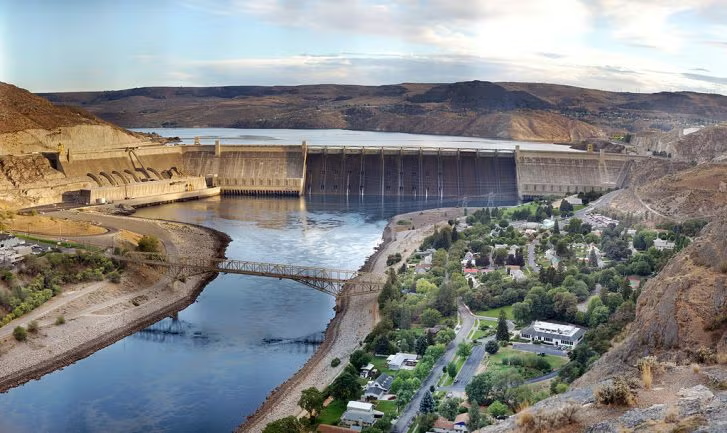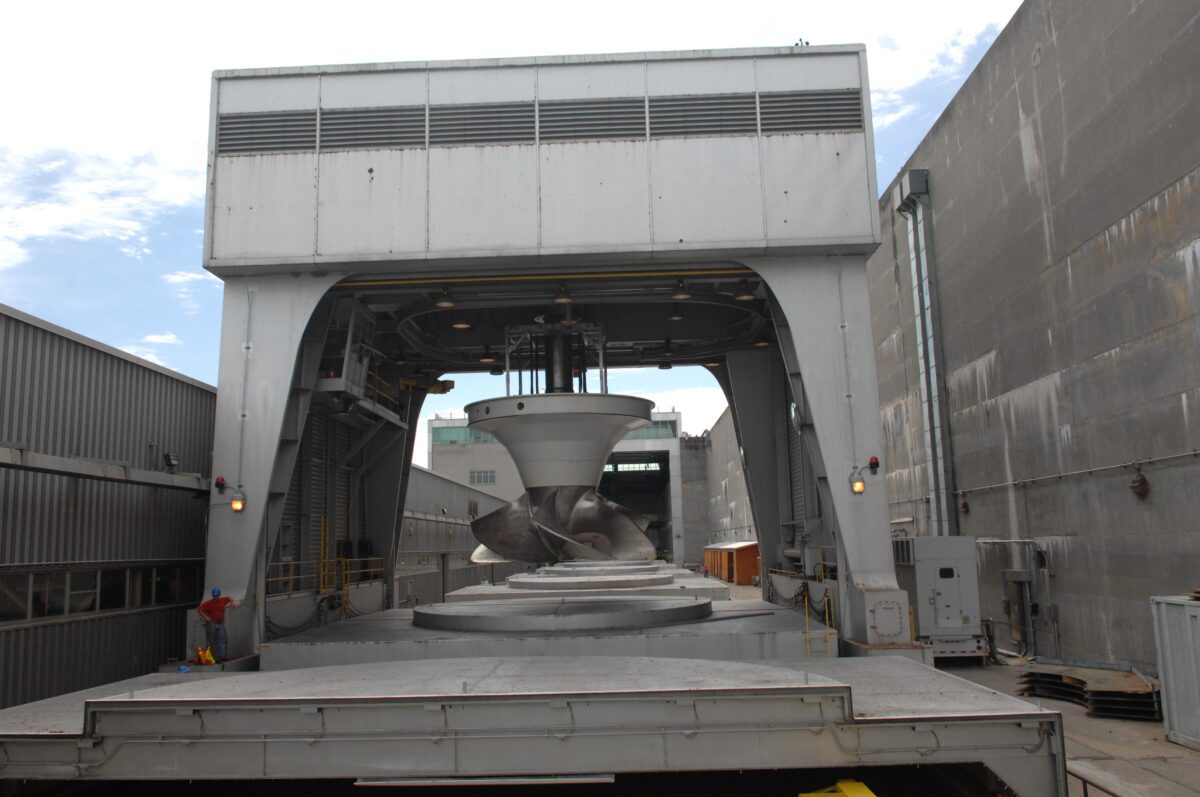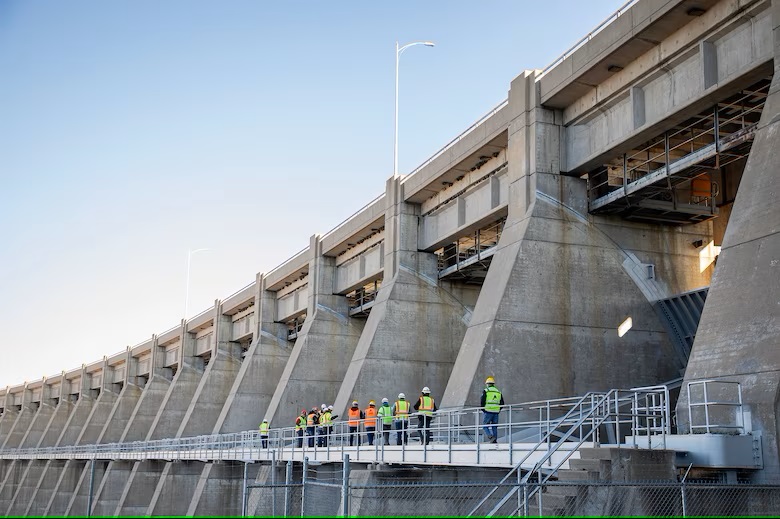
Petro, a former guerilla fighter who took office earlier this year, ran for president, campaigning on the promise that he would stop new exploration for oil and gas in Colombia.
But finance minister Ocampo signaled in an interview with the Financial Times that the government would not hasten to suspend licensing before analyzing the contracts.
“Then we will see if new contracts are necessary,” Ocampo told FT.
Colombia, which generates nearly half of its export revenues from oil and coal, will not rush to drastically reduce exports in an energy transition the new president has pledged. Energy exports “would have to be gradual” and place gas self-sufficiency as a priority, Ocampo told FT.
Last week, Andres Bitar, acting president of the National Hydrocarbons Agency, ANH, told Reuters that the government hadn’t taken any decision regarding the idea of blocking new oil and gas exploration projects.
“The main message that is very clear from the government is that it’s not a decision that’s written in stone,” Bitar said.
“The decision on whether or not to sign new contracts or open a bidding round hasn’t been made,” the acting head of the national regulator told Reuters.
There is growing apprehension in Colombia that President Petro’s plan to end contracting for oil and gas exploration will endanger Colombia’s energy security and trigger a crisis that could roil the economy, much of which depends on energy production and exports. A shortage of natural gas due to declining output from rapidly aging mature offshore fields, coupled with steadily rising demand, poses the greatest threat to energy security. Natural gas is an essential part of Colombia’s overall energy mix, providing 28% of all energy consumed in the country.
